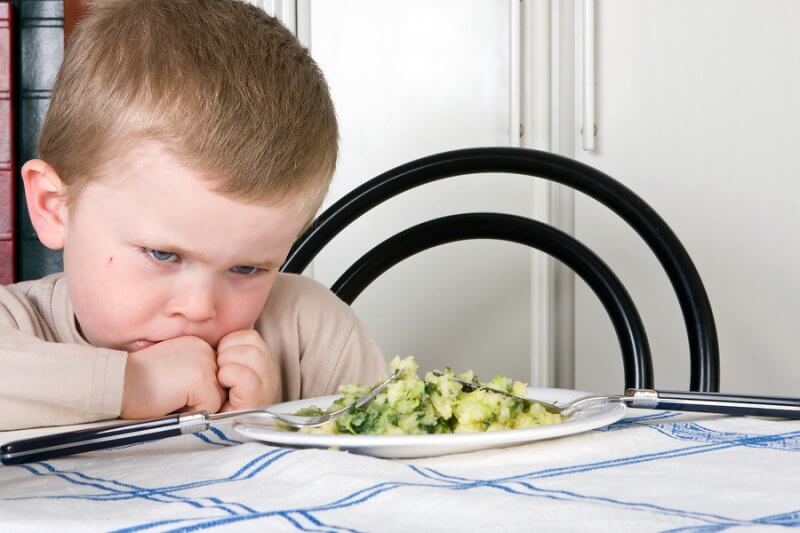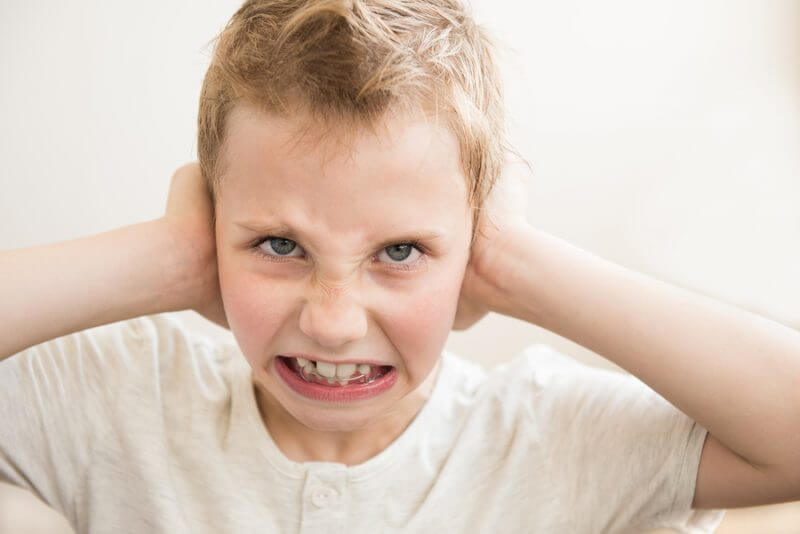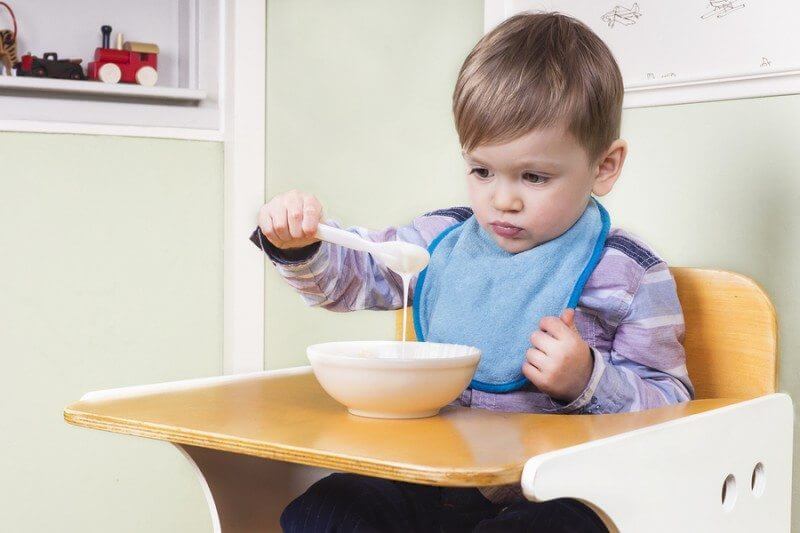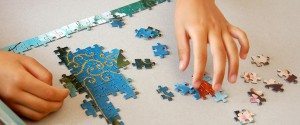Embedding Skill Building Activities into Daily Routines and Activities for Autistic Children
The current COVID-19 situation has caused many programs, schools, preschools and daycares to temporarily close their doors. Services are also on hold such as occupational and speech therapy. This has caused many parents to feel anxious that their child may regress with their development. If parents are hoping for a diagnostic assessment, the additional wait times will be increased under…










